March 2021 PUC Update
Clean Energy Action Board Member Marguerite Behringer works for E9 Insight and part of her work is to compile summaries of Colorado Public Utilities Commission activities. E9 Insight has given CEA permission to publish the items that we think our readers might find useful. If you have questions about the content, please contact hello@e9insight.com.
Note: Xcel Energy does business in Colorado as Public Service Company of Colorado (PSCo); references to both Xcel and PSCo will appear in the summaries below.
Note: PUC refers to the Colorado Public Utilities Commission.
21A-0141E Xcel 2021 Clean Energy Plan
In compliance with the 2019 House Bill 19-1261, Public Service Co. of Colorado filed its Clean Energy Plan (CEP, see overview and appendices) in over 100 documents, modeling an 80% reduction in carbon emissions by 2030 and making progress towards 100% clean energy by 2050 in its regular ERP. PSCo compared the CEP to several scenarios with different Social Cost of GHG values and different outcomes for its remaining coal plants, Brush and Pueblo Unit 3 (retire entirely, convert to natural gas, continue operations). PSCO’s preferred plan selected:
1,500 MW of DER to come online by 2030
1,300 MW of flexible dispatchable generation
3,900 MW renewable energy
400 MW of storage
Plus additional firm dispatchable generation resources and storage.
Investments in generation are estimated to cost $5.38 billion, with $1.67 billion invested in transmission. The preferred plan cut the useful lives of several coal plants in half, looking to retire Craig 2 in 2028; Hayden 1 in 2028; Hayden 2 in 2027, for a total of 273 MW. Brush was selected for conversion to natural gas in 2028 and Pueblo Unit 3 generation was set to be reduced to a 33% annual capacity factor in 2030, for retirement in 2040.
20I-0437E Pueblo Unit 3 Investigation
On March 29, the Colorado PUC responded to the PUC Staff’s report about ongoing operational problems with the Pueblo Unit 3 plant. The PUC directed Xcel to file a written response and to file other reports. The PUC stated, “One of the more troubling aspects of Staff’s report is the large number of findings in the various reports regarding improper operating practices, inadequate maintenance, and failure to adhere to industry standards,” noting that the investigation seeks to understand, “why is [Pueblo Unit 3], a unit still in the first decade of its 60-year useful service life, plagued with such poor unit reliability? In general, poor unit reliability is usually the result of a combination of poor equipment design and substandard operation and maintenance (O&M) practices. Staff’s investigation revealed that this is likely the case for the [Pueblo Unit 3] 2020 outages.”
Demand-Side Management: Energy Efficiency Programming
20A-0287EG PSCo 2021-2022 DSM Plan
On March 16, Public Service Co. of Colorado filed its final revised DSM portfolio in compliance with the PUC’s directives and the approved settlement agreement. PSCo plans to spend $131.8 million in 2021 and $132.3 million in 2022. The plan launches new pilots for residential battery demand response and dynamic EV optimization; new beneficial electrification measures; expansion of EV charging management offerings; elimination of the ENERGY STAR Retail Products Platform Pilot; various program consolidations; and other changes.
The final report filed by PSCo may be used as a reference guide for the 2021-2022 timeframe.
Distribution: Technology for Energy Delivery
16A-0588E Xcel Advanced Grid Intelligence and Security Initiative
On March 10, the Colorado PUC issued an order that denied Mission:data’s petition to re-open the Advanced Grid Intelligence and Security proceeding, and instead directed PSCo to file an application to amend its Certificate of Public Convenience and Necessity (CPCN). Mission:data contends that the Advanced Metering Infrastructure included in the initial CPCN, approved in 2017, did not include new metering capabilities called “Distributed Intelligence” (DI), which acts as an in-meter “app store” and may threaten third-party opportunities or customer data privacy.
The PUC agreed with all parties that more information on the DI capabilities is needed, especially because Xcel is an early adopter of the technology. The Commission noted that a subsequent proceeding “is likely to raise complex regulatory issues associated with new revenue streams and the creation of consumer-focused energy apps that use potentially granular usage data.” The new proceeding will investigate how the technology may substantially limit customer choices for competitive DER products and services. The PUC advocated for Xcel’s continued deployment schedule, and requested an explanation of how the wi-fi based Home Area Network is consistent with the settlement; a description of how the App Store will be managed and used; details on data access and sharing; and other requirements.
20R-0516E Proposed Rules for Distribution System Planning
On March 11 and 12, the Colorado PUC held an open hearing to discuss the proposed distribution system planning rules. At the hearing, Xcel shared a presentation which overviewed the purpose of the rulemaking and recent improvements to its planning processes, which includes modeling the impact of DERs in the load forecast and evaluating the costs/benefits of non-wires alternatives (energy efficiency, storage, and other non-traditional solutions to new generation or transmission). Xcel compared the proposed rules to similar rules in California, Minnesota, New York, and Nevada, arguing that the Colorado rules are more rigorous. Finally, Xcel briefly reviewed potential security issues and suggested next steps. A report on the rest of the hearing can be found here.
